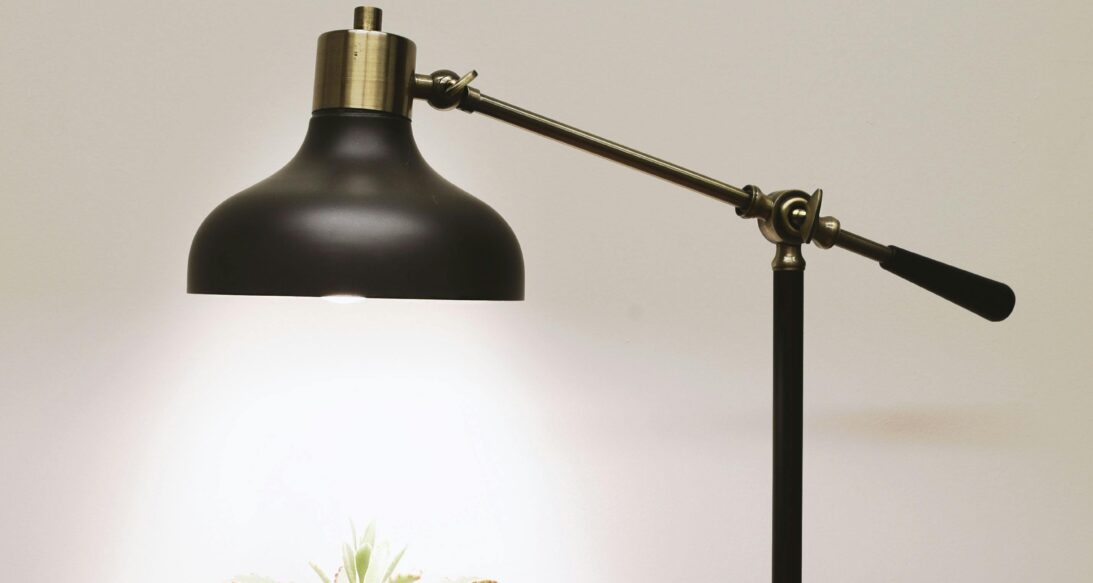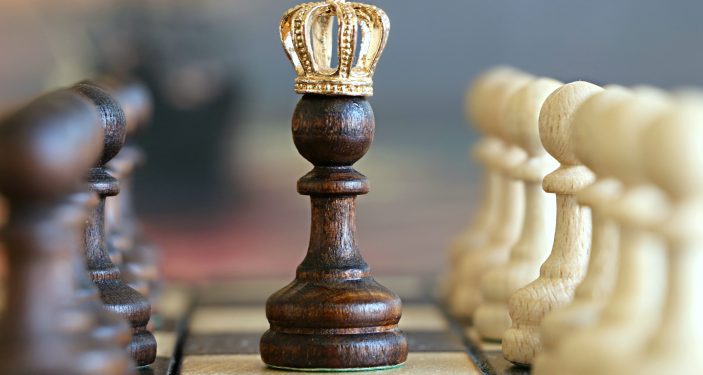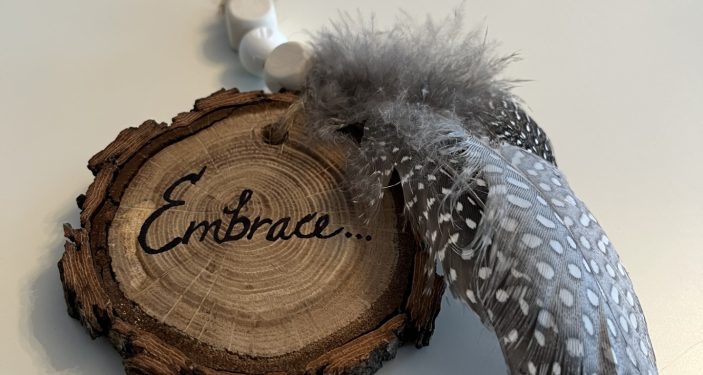
Breaking the Cycle of Relationship Dysfunction
Embracing the power you have to heal, and start healthy and thriving relationships
Understanding the patterns of dysfunctional behaviour in relationships that you learned in your childhood is key to being proactive in understanding the impact of those experiences on your relationships in adulthood.
Judith Wallerstein, author of The Unexpected Legacy of Divorce and head of an extensive long-term study of children of divorce says, “Divorce leaves children with fear, anxiety, grief, anger, cynicism, doubt, a lost childhood and unanswered questions.” While the initial impact of a parental breakup is difficult, Wallerstein found that the most damaging effect hits children when they enter young adulthood and begin considering love relationships and marriages of their own. She further explains that, while children do learn to cope with divorce, it in fact takes its greatest toll in adulthood, when the sons and daughters of divorced parents embark on romantic relationships of their own. Wallerstein sensitively illustrates how children of divorce often feel that their relationships are doomed, seek to avoid conflict, and fear commitment. Failure in their loving relationships often seems to them preordained, even when things are going smoothly. (Wallerstein, 2000).
So if our parents divorced when we were younger, or we grew up without positive relationship role modeling, are we doomed to live a life of languishing in our relationships? Absolutely not, but you’ve got to commit to being intentional about how your past experiences are impacting your current patterns of behaviour and perspective on relationships in order to create your path to flourishing in relationships. Addressing this area is really the first critical step for those who identify cycles of negative, abusive, absent, and/or dysfunctional relationship experiences in their life.
Steps to take when digging deeper here:
Awareness
What are the destructive or unhealthy patterns you have learned/been exposed to in your childhood and life now? What are the healthy relationships you have observed in your childhood and life now?
Ownership
Be accountable for any negative traits that you exhibit in your relationships.
Purpose
Create a plan for meaningful change.
Evaluate Your Relationships
Where have you been successful in your relationships in life, and where have you struggled? What are you responsible for in your failed or languishing relationships?
Practice
Learn new tools and strategies to change your behaviour and practice using them.
Patience
Change takes time and commitment. You need to allow yourself time to understand and change those patterns of generational relationship dysfunction.
It is also important to consider that there are people who experienced very positive relationship role modeling in their childhood, however are struggling with their relationships in adulthood after experiencing abuse or trauma as a young adult dating relationship or first marriage. The trauma associated with these relationships may cause difficulty when trying to begin or maintain a new relationship or marriage, as learned coping behaviours and trauma responses cause barriers or limitations to truly connecting and trusting with your new partner.
Throughout the trauma repair process, it is helpful for survivors to keep some key concepts in mind. Here are the top three:
- The trauma was not your fault
Survivors of a traumatic relationship have often been made to believe that they are crazy or unworthy of love. This can cause them to feel that they were somehow deserving of abuse and that the trauma was their fault.
This is never the case. No one has a right to abuse you, and the abuser is accountable for his or her actions.
- Relationships are not inherently unsafe
When you have been subjected to traumatic relationships, especially on an ongoing basis, you may begin to believe that all relationships are negative, abusive, or full of conflict. This is not the case. It is possible to have a healthy and flourishing relationship that is free from negativity.
- Not all conflict is a sign of a problem
Much like you may begin to view all relationships as unfavourable, repeat trauma can cause you to believe that all conflict is a threat or a sign of trouble. This is also untrue.
Some conflict is expected in healthy relationships, and it does not mean that you need to fight back, retreat, or feel unsafe. It is hard not to feel threatened when conflict has been toxic in the past, but you can learn new ways of thinking about conflict, so you are able to respond more rationally.
Keeping the above concepts in mind as you move forward from the trauma can help you to develop new ways of thinking about relationships. In turn, you will view yourself and relationships in a more positive light, leading you to find a healthier relationship in the future. Always seek professional mental health support, counselling, or relationship coaching if you feel that you would benefit from specifically addressing your trauma response difficulties.




